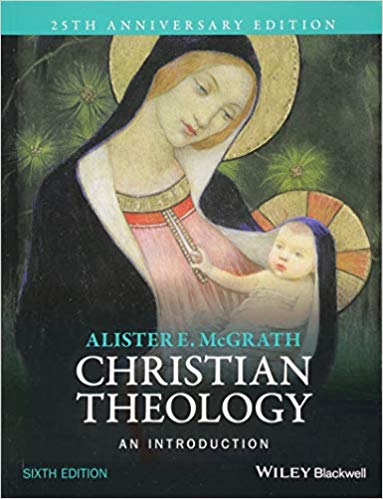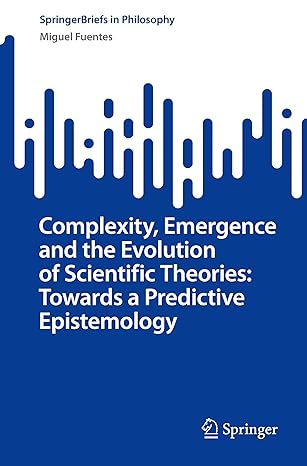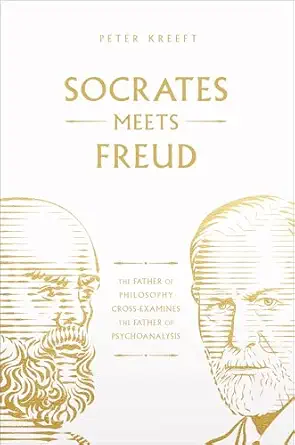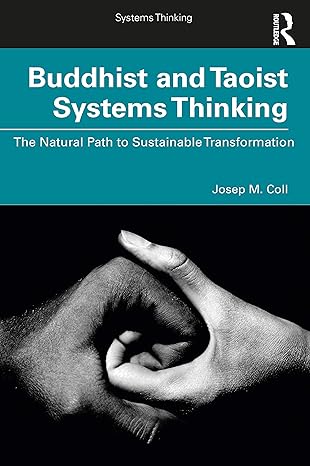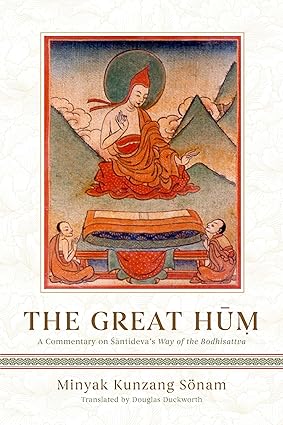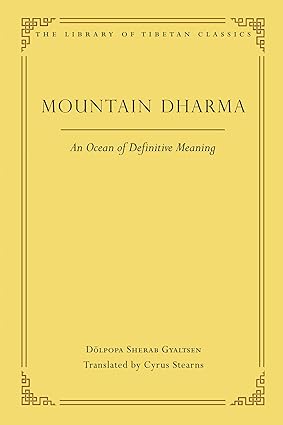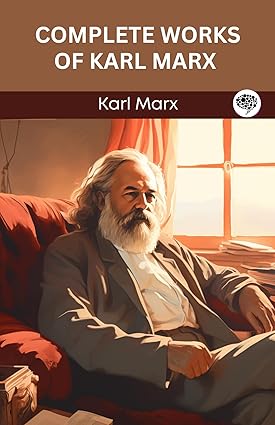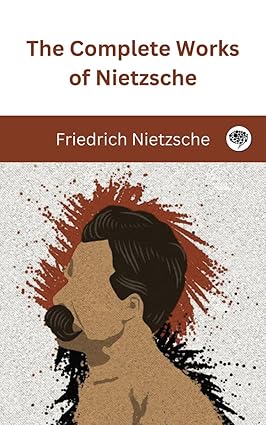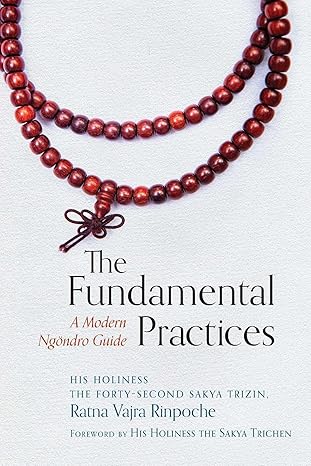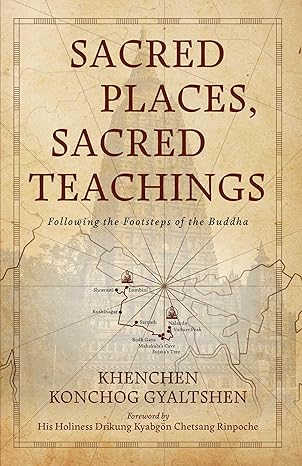Christian Theology: An Introduction, one of the most internationally-acclaimed Christian theology textbooks in use, has been completely rewritten for the 6th edition. It now features new and extended material and companion resources, ensuring it retains its reputation as the ideal introduction for students.
- A new edition of the bestselling Christian theology textbook to celebrate its 25th anniversary
- Rewritten throughout for exceptional clarity and accessibility, and adds substantial new material on the Holy Spirit
- Features increased coverage of postcolonial theology, and feminist theology, and prodigious development of world theology
- Increases the focus on contemporary theology to complement the excellent coverage of historical material
- A new 2-color design includes more pedagogical features including textboxes and sidebars to aid learning
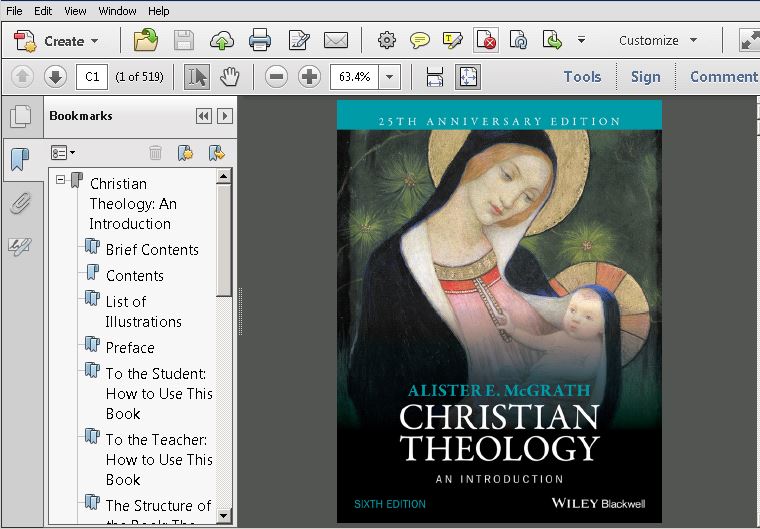
چکیده فارسی
الهیات مسیحی: مقدمه، یکی از تحسینشدهترین کتابهای درسی الهیات مسیحی در سطح بینالمللی، برای ویرایش ششم کاملاً بازنویسی شده است. اکنون دارای مطالب جدید و گسترده و منابع همراه است و تضمین می کند که شهرت خود را به عنوان معرفی ایده آل برای دانش آموزان حفظ می کند.
- ویرایش جدیدی از پرفروش ترین کتاب درسی الهیات مسیحی به مناسبت جشن 25امین سالگرد
- برای وضوح و دسترسی استثنایی بازنویسی شده است و مطالب جدید قابل توجهی در مورد روح القدس اضافه می کند
- ویژگی افزایش پوشش الهیات پسااستعماری و الهیات فمینیستی و توسعه شگرف الهیات جهان
- تمرکز بر الهیات معاصر را برای تکمیل پوشش عالی مطالب تاریخی افزایش می دهد
- طراحی 2 رنگ جدید شامل ویژگیهای آموزشی بیشتری از جمله جعبههای نوشتاری و ستونهای کناری برای کمک به یادگیری است

ادامه ...
بستن ...
Ebook details:
عنوان: Christian Theology An Introduction (9781118869574)
نویسنده: Alister E. McGrath
ناشر: English
زبان: 9781118869574
شابک: 978-1118869574, 1118869575
حجم: 480 Mb
فرمت: True Pdf
ادامه ...
بستن ...
